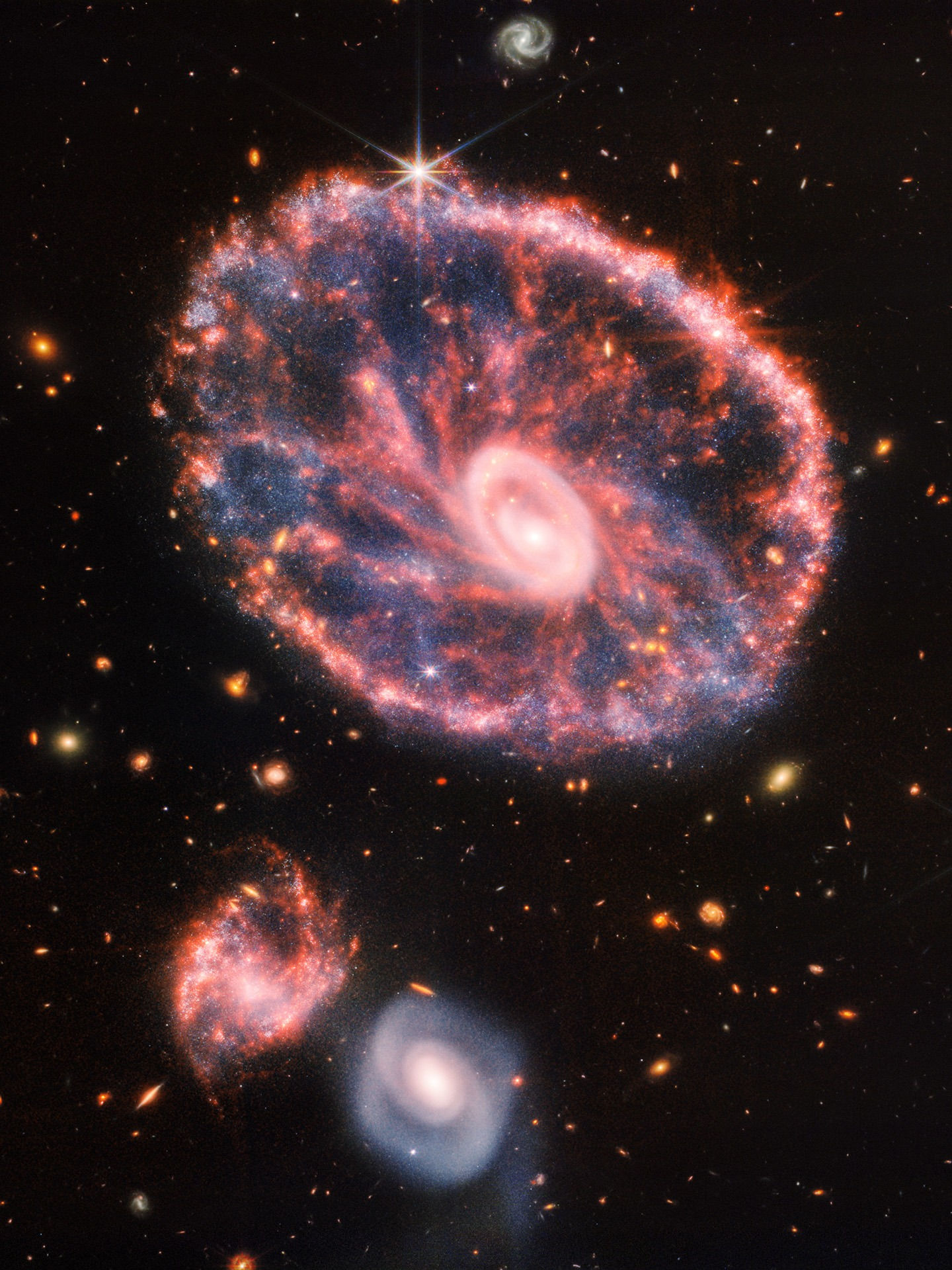The universe began its known history 13.8 billion years ago with a Big Bang. Of course time has always to flow or maybe can even reset at some point of history. Of what was before the Big Bang very little or nothing is well established but a lot can be speculated. To cut long things short, while I have no rigorous mathematical proof yet for that, I firmly believe that we live in a closed universe that will "finish"with a Big Crunch. The reasons that I believe in this scenario of the future evolution of the Universe are a lot and fundamental reasons, as well as independent from one another. Of course time is a very tricky notion, however time is never going to finish, it can only reset to zero. In this article for example, I will talk about dark energy, and its impact on the evolution of the Universe.
Dark Energy is perhaps nothing more than a relic energy from the Big Bang. Whatever it's exact nature is though, or whatever other secret and hidden sources of energy might exist that drive an accelerated expansion, they still remain sources of energy. That looks so obvious, that would make one wonder why would I need to state such an obvious fact. Well, it is true that all sources of energy have to be depletable, and obey the law of energy conservation.
While mathematics and subjective human logic might have no problems with infinity, infinite physical quantities is something that will never be tolerated by any physics equation. Even worse, when one physical quantity becomes infinite this causes many other physical quantities to become infinite.
The model of the open universe, where time is infinite and space has infinite resources to expand is one such example. As mentioned on the previous paragraph the open universe, requires multiple other physical quantities to become infinite. Such as dark energy. The model requires infinite resources of dark energy to power an accelerated expansion. Of course, the universe is always under the pressure gravitational forces, which once dark energy becomes depleted, will dominate and lead the universe eventually to a Big Crunch.
Once the entropy of the Universe becomes maximal, all potential resources of energy that can oppose gravity will be depleted and hence the universe will collapse. It is much like a star, where a dynamic equilibrium exists between gravity and the energy powered by nuclear reactions. Once the star's fuel has been exhausted the star will collapse to form perhaps a black hole (if it is massive enough). In this sense looking at a star we see the model of the Universe. Of course stars born and die continously and the same fate awaits the universe.
The fine tuned parameters imply that our Big Bang is just one of many. They imply that life is a truly rare phenomenon in our multiverse in time. Of course space is "created" with the Big Bang, leaving no space for other parallel universes. The universes exists, but they exist only before and after our Big Bang.
Of course once the universe reaches the state of maximum entropy, it is possible that the law of entropy might be violated, since the collapse of spacetime will ultimately lead to a Big Crunch, from where a new Big Bang will follow with minimal entropy. However, I feel that the role of entropy and it's evolution from one Big Bang to the other remains a bit of grey area in my mind. One would certainly need a theory of everything to conclusively answer the question of how entropy evolves, and how the various parameters are mapped from one Big Bang to the next.




